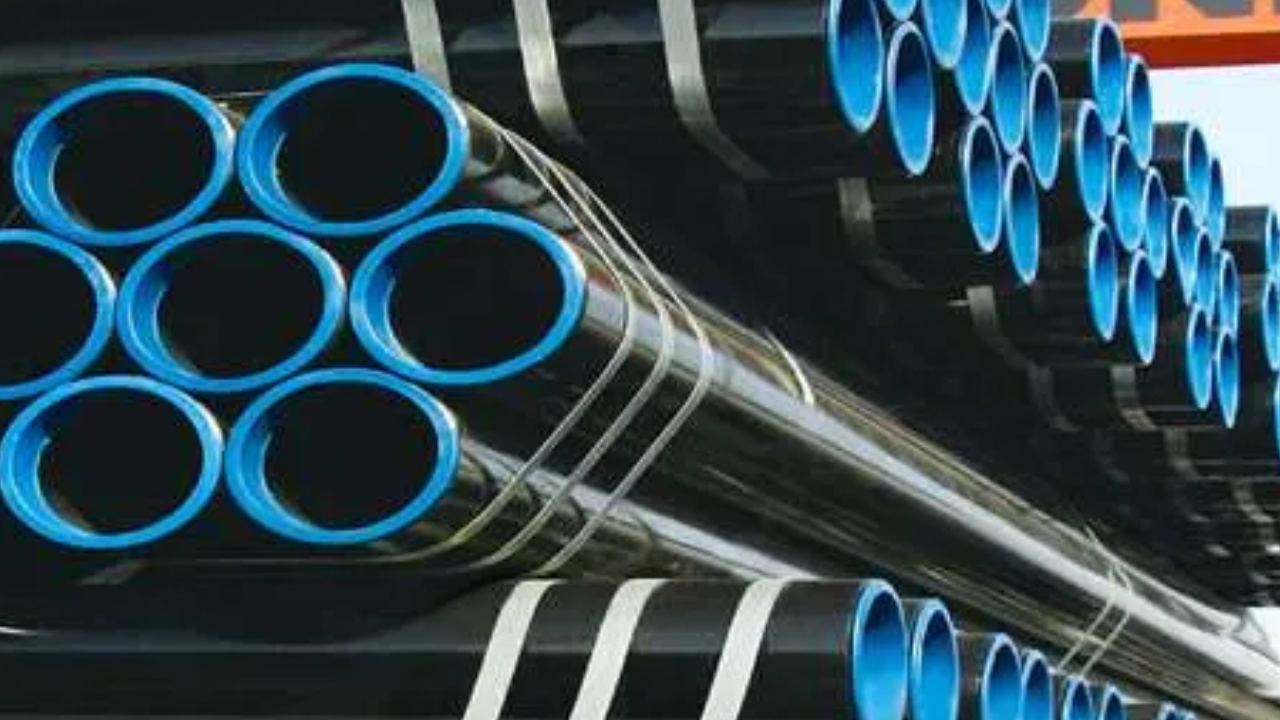Oil Nation Tubular Products (OCTG) are fundamental components within the oil and gas industry, utilized fundamentally in boring and more generation operations. The measures administering OCTG, fundamentally built up by the American Petroleum Established (API), guarantee that these basic components meet security, execution, and unwavering quality necessities. Later changes in OCTG measures have had a significant effect on the industry, impacting everything from fabric details to fabricating forms. This article investigates how these later changes have molded the industry, highlighting the key regions influenced and the general suggestions for partners.
The Affect of Later OCTG Standard Changes on the Industry
Later modifications to Oil Nation Tubular Products (OCTG) standards, led by organizations just like the API, have altogether impacted the industry. These upgrades have presented progressed fabric details, upgraded fabricating forms, and stricter testing prerequisites. Whereas these changes may at first increment costs, they eventually make strides item solidness, operational productivity, and security. The improved guidelines address the requests of cutting-edge boring situations, decreasing hardware disappointments and support needs. By and large, these changes drive innovative headways and operational changes in the industry.
Advancement of OCTG Benchmarks
Later modifications to OCTG guidelines have been driven by advances in innovation, advancing industry hones, and the got to address modern challenges in boring situations. The API, together with other standard-setting organizations, has presented upgrades to details such as API 5CT for casing and tubing and API 5B for string associations. These corrections are aimed at upgrading the execution and security of OCTG items by consolidating unused fabric benchmarks, moving forward testing strategies, and overhauling plan criteria. The advancement of these standards reflects the industry's commitment to adjusting to innovative progressions and tending to the expanding requests of advanced penetrating operations.
Affect on Fabric Determinations
One of the foremost noteworthy changes in later OCTG benchmarks is the modification of fabric determinations. Unused grades of steel and elective materials have been presented to meet the requests of more profound and more challenging wells. For occasion, higher quality and corrosion-resistant materials are presently indicated to handle extraordinary weight and temperature conditions. These changes guarantee that OCTG items can withstand the unforgiving situations experienced in cutting-edge penetrating operations, in this manner lessening the chance of disappointments and progressing generally operational proficiency. The upgraded fabric guidelines moreover contribute to longer benefit life and lower support costs, profiting administrators and decreasing downtime.
Progresses in Fabricating Forms
The overhauls to OCTG guidelines have too affected fabricating forms, emphasizing the requirement for made strides in quality control and accuracy. Modern measures require more thorough testing and assessment conventions to guarantee that OCTG items meet the most noteworthy quality and security standards. Advances in fabricating advances, such as the utilization of computer-controlled hardware and progressed non-destructive testing strategies, have been consolidated to upgrade the precision and unwavering quality of OCTG components. These enhancements offer assistance to play down surrenders and irregularities, guaranteeing that the items perform as anticipated in requesting operational conditions.
Improved Testing and Review Methods
Later changes inOCTG measures have presented more rigid testing and assessment necessities to guarantee the judgment and execution of the items. The updated benchmarks command more comprehensive testing methods, counting progressed non-destructive testing strategies and more thorough execution assessments. These strategies are planned to distinguish potential issues early and guarantee that OCTG items meet the desired specifications before they are sent within the field. Improved testing and assessment contribute to more prominent security and unwavering quality, lessening the probability of gear disappointments and making strides by and large in operational proficiency.
Impacts on Operational Costs and Productivity
The overhauls to OCTG guidelines have had a striking effect on operational costs and proficiency. Whereas the appropriation of unused fabric specifications and manufacturing forms can at first lead to higher costs, the long-term benefits regularly exceed these costs. Upgraded fabric properties and made strides in fabricating quality contribute to more prominent solidness and unwavering quality, lessening the recurrence of hardware disappointments and support prerequisites. This comes about in less interferences in penetrating operations and lower by and large operational costs.
Suggestions for Industry Partners
The later changes in OCTG guidelines have wide suggestions for various industry partners, including producers, administrators, and administrative bodies. Producers must adapt to the unused measures by contributing to progressed innovations and updating their forms to meet the reexamined prerequisites. Administrators have to guarantee that their penetrating programs and hardware are consistent with the overhauled benchmarks to maximize the benefits of the upgraded OCTG items. Administrative bodies play a significant part in upholding the unused benchmarks and ensuring that all partners comply with the overhauled necessities. Collaboration among these partners is essential to accomplishing the required results and guaranteeing the proceeded progression of OCTG innovations.
Conclusion
Later changes in OCTG measures have altogether affected the oil and gas industry, driving headways in fabric details, fabricating forms, and testing strategies. These upgrades reflect the industry's progressing endeavors to address the challenges of present-day boring situations and make strides in the security, execution, and unwavering quality of OCTG items. Whereas the beginning costs of receiving modern benchmarks may be high, the long-term benefits, including improved strength, decreased operational costs, and expanded proficiency, are considerable. As the industry proceeds to advance, progressing collaboration among partners and adherence to upgraded benchmarks will be vital in accomplishing proceeded victory and headway in OCTG innovation.


